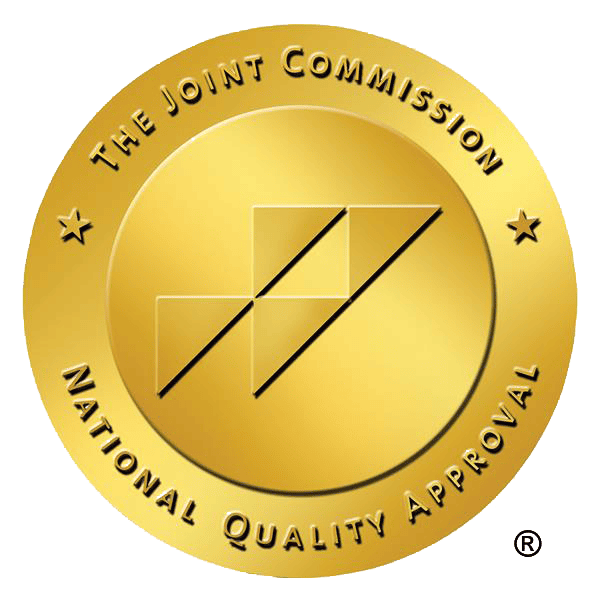Meth is an extremely powerful and highly addictive central nervous system stimulant. Due to its potency and the intense rush it produces in users, it has gained substantial popularity among individuals seeking pleasurable euphoria or heightened productivity.
However, what starts off as occasional use can quickly spiral into a compulsive pattern of meth abuse, resulting in addiction. Understanding the effects of meth abuse, withdrawal and detox can help someone determine how to get help. Fortunately, getting professional detox can reduce symptoms and possibly save a life.
Signs of Meth Abuse
The signs of meth abuse can manifest in various ways, encompassing physical, emotional, and psychological symptoms. Physically, individuals who abuse meth may exhibit rapid weight loss and a gaunt appearance due to decreased appetite and neglecting proper nutrition. They may also display dilated pupils, skin sores, or irritation, often from incessant picking, tooth decay, or “meth mouth” due to poor oral hygiene, as well as erratic sleep patterns.
Emotionally and psychologically, meth abuse can lead to an array of alarming behaviors. Users may experience extreme mood swings characterized by intense euphoria followed by severe depression or agitation. They often become irritable, anxious, paranoid, and increasingly isolated from friends and family. Furthermore, impaired judgment coupled with heightened confidence might result in engaging in risky activities like unprotected sex or violence.
Effects of Meth Abuse
The effects of methamphetamine abuse are wide-ranging and can have significant detrimental impacts on an individual’s physical, mental, and social well-being. Physically, meth abuse can lead to severe weight loss, malnutrition, and overall deterioration of physical health. Users may experience increased heart rate, elevated blood pressure, irregular heartbeat, and even cardiovascular complications like heart attacks or strokes.
Additionally, the chronic use of meth can damage vital organs such as the liver and kidneys. Mentally and emotionally, prolonged meth abuse can cause profound changes in brain chemistry. The drug stimulates the excessive release of dopamine in the brain’s reward system, leading to a state of intense euphoria. However, over time this disrupts normal dopamine production resulting in persistent depression or anxiety when not using meth.
Furthermore, repeated meth use can lead to significant psychological issues such as psychosis. Users might experience hallucinations, delusions, paranoia, and aggression. These symptoms may persist even after the individual stops using the drug and can severely impair their ability to function in daily life.
In addition, meth abuse has severe social ramifications. Individuals struggling with addiction often find themselves disconnected from loved ones and withdrawn from social activities. They may experience financial difficulties from spending a considerable amount of money on meth. The pursuit of meth also becomes the central focus of their lives, leading to neglect of responsibilities like work or school.
Meth Withdrawal
When a person using meth regularly decides to stop or significantly reduce their use, they will likely experience withdrawal symptoms. Meth withdrawal can be physically and psychologically challenging, so seeking professional help during this process is strongly recommended.
The physical symptoms of meth withdrawal include fatigue, increased appetite, disturbed sleep patterns, vivid nightmares, and intense cravings. Individuals may also experience nausea, body aches, tremors, and sweating as their bodies adjust to functioning without the presence of meth.
Psychologically, meth withdrawal can result in depression, anxiety, irritability, mood swings, agitation, and even feelings of paranoia. The sudden absence of the intense euphoria the drug provides can leave individuals feeling emotionally drained and mentally vulnerable.
It’s essential to note that everyone’s experience with meth withdrawal may vary based on factors such as frequency and duration of drug use as well as individual body chemistry. Withdrawal from meth should not be taken lightly due to its potential severity and the risk of relapse if not properly managed.
Meth Detox Timeline
The meth detox timeline varies from person to person, depending on factors such as the amount used, frequency used, and overall health. Generally, meth detox progresses as follows:
1 to 3 Days:
During this initial phase, individuals may experience intense cravings for meth along with feelings of exhaustion and increased appetite. They might also have trouble sleeping, accompanied by vivid nightmares.
4 to 10 Days:
Physical symptoms typically peak around this time. Fatigue may continue, but the intensity gradually diminishes. Increased appetite and disturbed sleep patterns could still be present. However, they begin to stabilize.
11 to 14 Days:
By this stage, most physical withdrawal symptoms should have subsided significantly or completely disappeared. However, some psychological effects like depression, anxiety, irritability, and mood swings might still persist.
2 Weeks Onwards:
While physical symptoms are generally resolved by this point, it is not uncommon for individuals to experience ongoing emotional instability or post-acute withdrawal syndrome (PAWS), which refers to an extended period of emotional and psychological adjustment.
PAWS symptoms may include mood swings, fatigue, difficulty concentrating, and irritability. Seeking professional, medically supervised meth detox for this process is crucial to ensure a safe detoxification experience and successful long-term recovery.
Start Meth Detox and Recovery in Austin, TX
Take the first step towards reclaiming your life from the grip of addiction at The Prairie Recovery Center in Austin, Texas. Our tailored treatment programs will help guide you through the detox process while ensuring your safety and comfort.
Don’t wait any longer by contacting us now. Remember, there is hope, and we are here to support you every step of the way.









